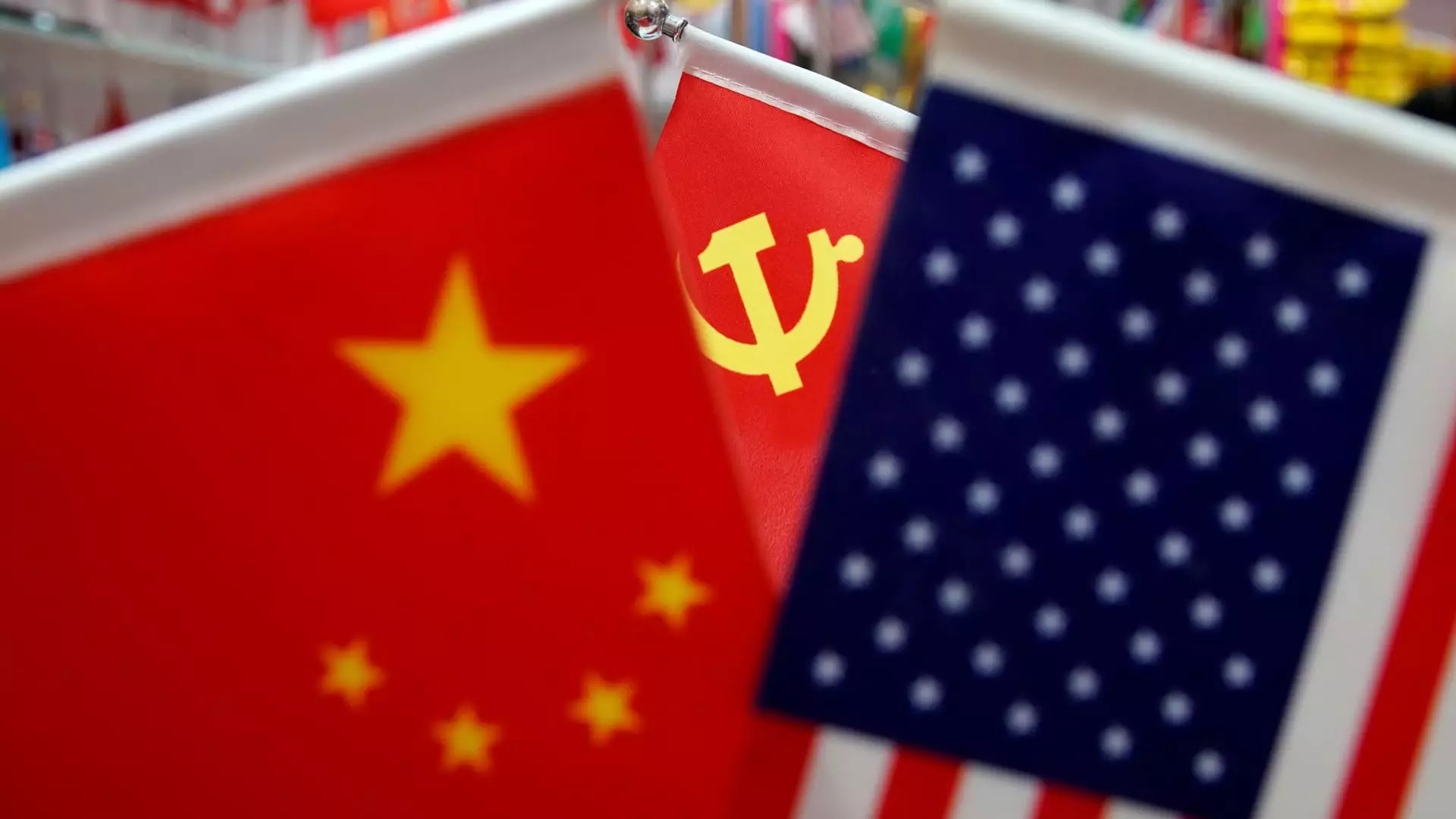In recent weeks, China has taken significant steps to strengthen its financial ties with the United States amidst impending economic changes expected under President-elect Donald Trump’s administration. With a focus on enhancing diplomatic relations, Vice Premier He Lifeng has engaged with top executives from leading financial institutions, showcasing a proactive approach to navigating the complexities of U.S.-China trade relations. This outreach signifies more than mere networking; it reflects China’s strategic intent to garner support and influence from key players in the American financial sector.
He Lifeng, a prominent figure in China’s economic planning as one of four vice premiers and head of the ruling Chinese Communist Party’s economic committee, has been actively meeting with leading finance executives. Notable figures include Larry Fink, Chairman and CEO of BlackRock, and John E. Waldron, President and COO of Goldman Sachs. These discussions aim not just to foster a better understanding but also to promote future collaboration, particularly at a time when the U.S. is expected to adopt potentially protectionist policies.
The significance of these meetings lies in their context. Fink and Waldron are influential voices in the financial landscape, whose insights and opinions could shape the response from Wall Street to any new tariffs or trade regulations that might be enacted. Indeed, the meetings are indicative of China’s efforts to create a buffer against the anticipated turbulence in trade relations, illustrating a dual strategy of maintaining open channels of communication while preparing for the worst-case economic scenarios.
According to analysts, China’s method of engaging with U.S. financial executives exemplifies the nation’s reliance on backchannel diplomacy. Peter Alexander, founder of Shanghai-based consulting firm Z-Ben Advisors, emphasizes that this approach allows China to effectively navigate complex political landscapes, especially as changes in Washington loom large. This method not only facilitates informal dialogues but also allows China to gauge the attitudes of incoming officials and adjust its strategies accordingly.
Such a strategy is particularly crucial in light of Trump’s cabinet appointments, which include several individuals from the financial realm, potentially providing leverage points for Chinese interests. These individuals may play a vital role in shaping trade policy, suggesting that China’s engagements are not mere formalities but calculated moves aimed at influencing economic discourse in the U.S.
The anticipated impact of tariffs and trade policies on the U.S.-China relationship evokes significant concern among industry leaders. Analysts point out that Wall Street’s perspective on these matters could deter aggressive policies from the Trump administration. As Clark Packard of the Cato Institute notes, financial executives coming from economic backgrounds could temper protectionist impulses within the government.
The volatility of the stock market invariably plays a vital role in this equation. With U.S. stock indices showing substantial gains, the underlying sentiment among investors is critical. A sharp market downturn resulting from hostile trade policies could compel the Trump administration to reconsider some of its more aggressive stances, indicating that financial considerations could drive diplomatic decisions.
As China prepares for potential economic distress caused by tariffs, it is clear that the country is hedging its bets. The Chinese government is solidifying its strategies by making overtures to major financial institutions and ensuring that its economy remains resilient. Zongyuan Zoe Liu, a senior fellow at the Council on Foreign Relations, underscores that while financial institutions may have limited capacity to alter fundamental trade dynamics, their engagement reflects a desire to maintain a foothold in the market.
Additionally, the Chinese financial media has framed these meetings as a signal of Beijing’s intent to further open its financial sector and attract long-term foreign investment. This narrative serves to bolster confidence among international investors in an environment otherwise characterized by uncertainty.
In navigating the complicated landscape of U.S.-China relations, He Lifeng’s recent meetings with key financial executives illustrate China’s approach to fostering resilience in its economic policies. These initiatives not only indicate a willingness to build bridges across borders but also highlight the challenges that lie ahead. As both nations stand at a crossroads, the interconnectedness of their capital markets underscores the importance of constructive dialogue and cooperation—essential for mutual prosperity in an increasingly polarized economic terrain. The outcome of this outreach could very well determine the trajectory of U.S.-China relations in the years to come.

